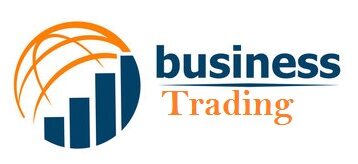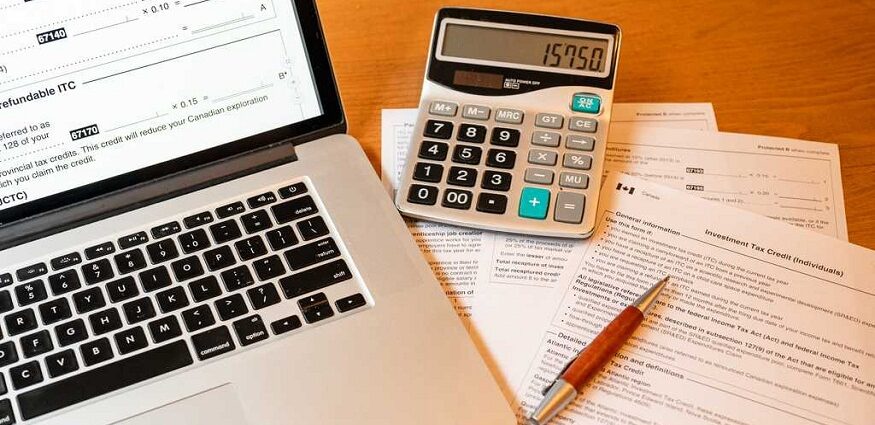Tax planning is important for both individuals and those running small or large businesses. It helps people save a certain amount from the taxes that they pay, thereby reducing the burden of paying taxes.
In Louisville, people own both small and large businesses, and knowing what can help their companies grow faster and thrive becomes essential in the competitive business environment. Not only does tax planning help save money on taxes, but it also helps avoid any illegal issues.
Productivity is also increased, and you are able to manage your things much more efficiently. Hiring someone to do that for you, such as an accountant in Louisville, can help you focus on the main objectives of your business while the professional takes care of your taxes.
However, it is essential that you come across the correct accountant to manage your taxes. You can go through their credentials and check reviews online to make sure that you have hired the right person for the job.
What are the different tax planning strategies?
There are many ways to maximize your tax savings and manage taxes more efficiently; some of the strategies are discussed below:
1. Strategically managing income:
In tax planning, managing your income efficiently is seen as a cornerstone. Your revenues and expenses should be recorded correctly, and you need to keep track of them in order to manage taxes better.
Depending on what type of situation you are in, deterring the income or expenses or the other way around can benefit you. If you have an idea that there are going to be changes in the tax rates, then such a plan could be beneficial.
2. Maximizing deductions for your business:
Keeping track of all the expenses that are involved in your business and accordingly making deductions wherever possible is a very efficient way for tax planning. A professional can look into this and come up with deductions that can benefit you.
For example, mileage detection can be done on the vehicle that you might be using for traveling purposes during your business trips.
3. Making use of tax credits:
Tax credits are very beneficial when it comes to reducing tax liability. There is a disabled tax credit that can be used to have more savings. It is essential that you make use of these things carefully.
Only someone with adequate knowledge can make good use of these techniques. There are also businesses that can even apply for earned income tax credit.
4. Home office deductions:
Many business owners run their businesses from home. They can also save money on different things, especially the ones that are involved in their business. However, there are specific criteria that you need to meet in order to be eligible for home office deductions.
There are two ways to make deductions; you can put both of them to use and see what works best for you. There are actual and simplified expense methods.
5. Making charity contributions to cut some taxes:
When you make such contributions to charities, it helps you with your tax liabilities. However, there are specific tax implications that you should be aware of when making donations. It would help if you had the receipts of all the assets that you have or other properties that you have.
You should also know that there is a specific limit to charity when it is made in cash. It is 60% of the gross income that the person earns. There are also other deductions that a person can look into and make use of, depending on the situation.
How can an accountant help?
An accountant is a professional who can keep a record of your taxes and come up with the tax planning strategies. By looking at the type of business that you have and the earnings or revenue that you are making, they can come up with a specific plan that can benefit you when paying taxes.

